Choosing a Crypto Wallet in 2025: Key Aspects For Gambling
Learn how to choose the best crypto wallet in 2025. Compare cold vs. hot wallets, custodial vs. non-custodial, and discover the top options for security, features, and online gambling.
Understanding what's a Cryptowallet
A crypto wallet is a program or device where users store, receive, and send cryptocurrency. The wallet does not directly store your funds but retains information about the balance and transactions on the blockchain.
The main purpose of a crypto wallet is the secure storage of assets and their protection from theft and loss. They can be used for transactions of any type. These may include everyday purchases, investments, or deposits in online casinos.
Based on functionality and operating principles, several types of crypto wallets can be identified. Differences are also noticeable in other parameters, such as:
- Type of access key storage;
- Support for different currencies;
- Type of operation;
- Management method;
- Security system.
For each of the listed parameters, several types of wallets can be distinguished. All of them are 100% suitable for online gambling, as confirmed by crypto casino operators.
Criteria for Choosing Crypto Wallets in 2025
Which crypto wallet is better depends on your specific goal. Different types of wallets are suitable for online gambling, everyday transactions, or storing a large volume of assets. To find a universal wallet type, it is important to focus on the following criteria:
Support for popular cryptocurrencies. First, you need to make sure that the wallet supports the tokens you need. For example, BTC, LTC, USDT, SOL, etc.
Security. The wallet must support two-factor authentication, data encryption, and other protection methods.
Ease of use. Each type of wallet offers various network connection options. Therefore, it's better to test different formats and choose the optimal one.
Fees. Check in advance for transfer fees, conversion charges, and the presence of any hidden costs.
Another important nuance to consider when choosing a wallet: they differ by type of network connection, access key storage method, operating principles, and management method. These parameters will also be examined further using specific examples.
By Type of Connection
By connection type, crypto wallets are divided into two main categories: cold and hot. Each of these types has various features that cannot be ignored. Let's begin by comparing them based on key parameters:
| Comparison criterion | Cold Wallets | Hot Wallets |
|---|---|---|
| Internet Connection | Not available on a permanent basis | Permanent |
| Suitable for | Protecting assets from cyber attacks and hacking | Frequent transactions |
| Transaction type | Long-term storage of large amounts of assets | Storage of small amounts |
| Cost | From 20$ and above | Basic functionality - free of charge |
| Examples | Ledger, Trezor, Ellipal Titan | Coinbase Wallet, Exodus, MetaMask |
Cold Wallets
A cold crypto wallet is a wallet that is not connected to the internet. It looks like a regular flash drive or another hardware device that at the moment has no network access. To make a transaction through such a wallet, it must first be connected to a device. At the same time, payments (transfers or receipt of funds) are carried out according to the standard algorithm.
The Cold Storage type crypto wallet is implemented in three main variations:
- Software. They can be desktop or mobile. The keys in such a wallet are stored on a separate device.
- Hardware. They resemble a regular flash drive but may have a different form, for example, a bank card like Tangem Wallet.
- Paper. The key is implemented as a printed QR code. To make transactions, you will need to go to a separate website via this code.
If we consider popular variations of cold wallets, the top 3 definitely include: Ledger, Trezor, Ellipal Titan. Many cryptocurrency owners choose such wallets because of their high level of protection. It is impossible to hack them without access to the physical medium.
Hot Wallets
A hot wallet is a wallet that has a constant internet connection. This type has several advantages:
- Convenience — you can make a transaction at any time without additional connection to different devices;
- Variety of options and free downloads;
- Support for a large number of different coins and tokens.
Hot wallets are implemented in two main variations. The first category includes software wallets. They are installed on a computer or mobile phone. A vivid example is such popular wallets as MetaMask and TrustWallet. The second type of hot wallets is browser-based wallets. They provide access from any device.
By Type of Access Key Storage
By type of access key storage, there are only two types of wallets: custodial and non-custodial. Let’s look at the features of each type, as this determines their versatility and security.
Custodial Wallets: Pros and Cons
Custodial wallets are wallets where the access keys are stored by a special service or custodian. The role of a custodian can be performed by:
- an exchange;
- a financial company;
- a third-party service.
Such wallets operate on a simple principle: the intermediary signs the transaction with a private key. This key is also used to receive funds. Important: custodial wallet users do not 100% own their assets.
The best examples of this type of wallet are crypto exchanges. There are many, but the top five in popularity, transaction volume, and number of active users confidently include:
- Binance;
- Gate.io;
- ByBit;
- OKX;
- KuCoin.
In this case, the role of the custodian is performed directly by the cryptocurrency exchange. This means there is always a risk of losing access to your funds. Such cases, although very rare, are not excluded. In 90% of cases, this happens due to the account being blocked on the exchange for violating its rules or due to fraud (scam) on the part of the exchange.
Non-Custodial Wallets
Non-custodial wallets — the access keys are held by the user (the wallet owner). The advantages of this type are obvious, as you can independently manage your assets, and no one has the right to block your account. There are also risks: if you lose the recovery phrase (a unique combination of characters), it will be impossible to restore access to the wallet by any known method.
Let’s move on to examples. Here are some of the most well-known non-custodial wallets:
- MetaMask;
- TrustWallet;
- Coinbase Wallet;
- Exodus;
- CoolWallet.
Each of these wallets has its pros, cons, and a number of features. For example, MetaMask is actively used for connecting to various services. It can also be used for instant authorization in top online casinos. TrustWallet, in turn, is known for its variety of supported currencies.
Finally, let’s compare custodial and non-custodial wallets by the main parameters. For this, we suggest referring to the table below:
| Comparison criterion | Custodial Wallet | Non-Custodial Wallets |
|---|---|---|
| Keys | Exchange or third-party service | Only the user |
| Access | Risk of Blocking | Full Control |
| Risks | Exchange hacking or account blocking | Loss of recovery seed phrase |
| Examples | Binance, Gate.io, ByBit | MetaMask, TrustWallet, CoinBase Wallet |
Types of Wallets by Operating Principle and Management
If we consider such a selection criterion as the type of management, crypto wallets are also presented here in two variations:
- Centralized. Programs managed by a third party. It is this party that controls all payments. This eliminates any privacy but helps avoid many mistakes made out of carelessness. At the same time, there remains a risk of bankruptcy or fraud on the part of the controlling organization.
- Decentralized. The user uses a private key and manages funds without intermediaries. If the key is lost or hacked, it will be impossible to restore access to the wallet.
Another important selection criterion that should not be overlooked is the operating principle and asset management method. As with other parameters, several types of wallets are distinguished:
- Hardware. A physical device that stores private keys offline. All data is stored inside the device in encrypted form. As soon as it is connected to a special program, access to assets is immediately opened — this reduces the risk of hacking. Some variations support a backup option.
- Software. A program stored on your device. It can be mobile or desktop. The most common and frequently used type of wallet. Vivid examples in this category are MetaMask and TrustWallet.
- Web-wallets. An online service that allows you to store, send, and perform any activity with funds, but only through a web browser. Wallet information is stored on the service provider’s servers.
- Paper. A physical medium on which the public address and private key are written. This type of wallet has the highest level of security since there is no internet connection, but it remains vulnerable to physical damage or loss.
All criteria should be considered comprehensively, as several parameters may apply to a single wallet. For example, a wallet may be centralized, hardware, and custodial. Based on the above criteria, we have compiled a table below with examples for each category:
| Wallet Type | Top 3 Wallets |
|---|---|
| Hardware | Trezor, Ledger, Tangem Wallet |
| Software | Atomic Wallet, Electurm, Exodus |
| Web-wallets | Coinbase Wallet, Blockchain.com, MetaMask |
| Paper | - |
TOP 5 Wallets for Storing Cryptocurrency
Each popular crypto wallet has various features. They affect not only the connection method or data storage. Differences are also noticeable in the following criteria:
- Supported tokens and currencies;
- Available wallet formats;
- Overall reputation and user reviews;
- Transaction processing fees;
- Availability of additional options.
Based on these parameters, it is easy to create a ranking of the best crypto wallets that are 100% suitable for online gambling enthusiasts. It includes 5 different types of wallets — more details on each below.
MetaMask
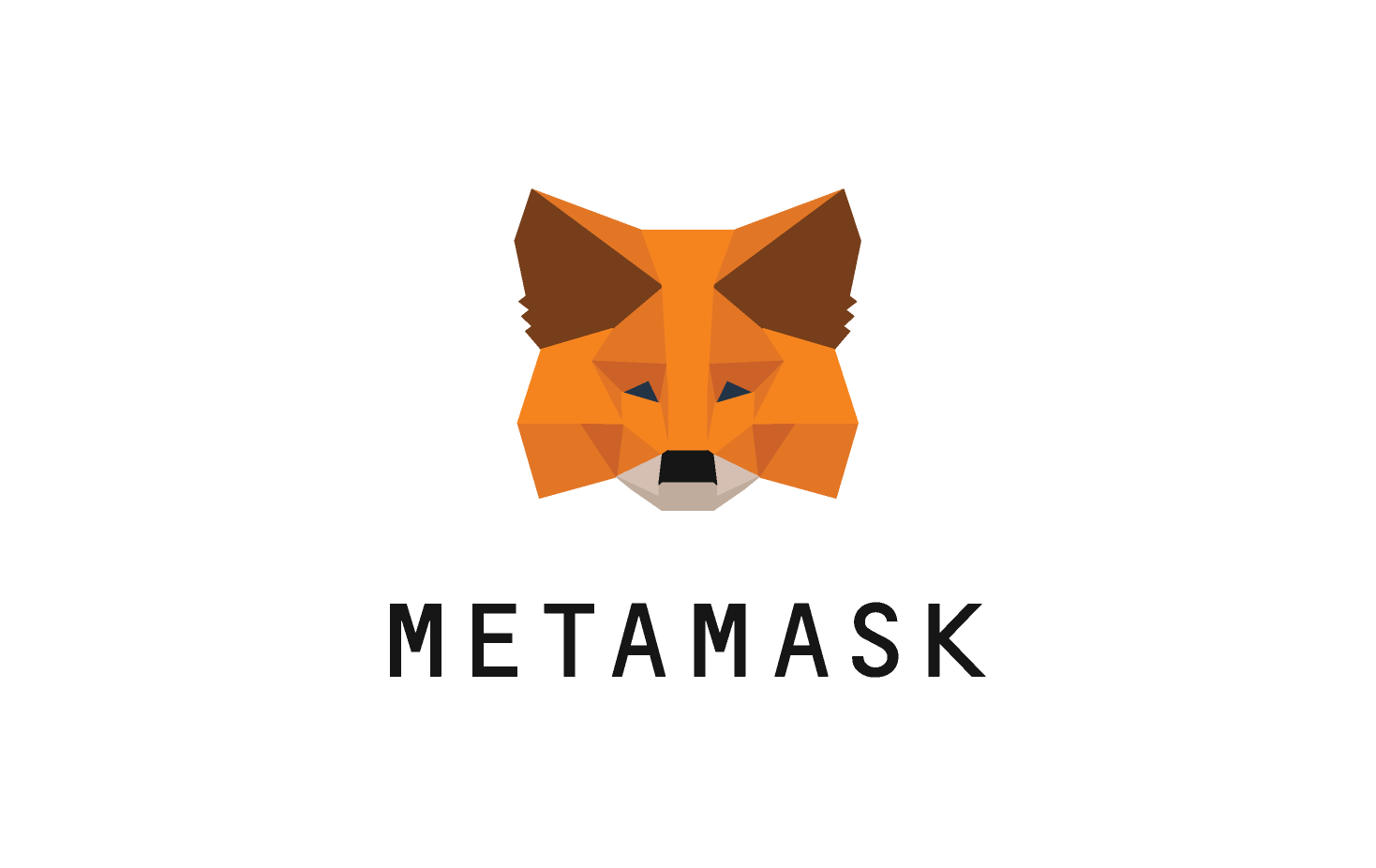
This is one of the most well-known wallets, actively used for everyday transactions, as well as for authorization or making deposits in casinos. It is a hot, non-custodial, open-source software wallet. MetaMask is available in several formats: a browser extension and a mobile app for Android and iOS.
Here are a few key reasons to choose this wallet:
- Supported cryptocurrencies: all coins on the Ethereum network;
- Free connection and no usage fee;
- Supports smart contracts, including NFTs;
- High level of security and proven reputation.
MetaMask as a cryptocurrency wallet also has some downsides. For example, sometimes transaction processing can take a long time, which also leads to higher fees. Since it is a hot wallet and the responsibility for storing the seed phrase lies with the user, hacking risks remain relevant.
TrustWallet
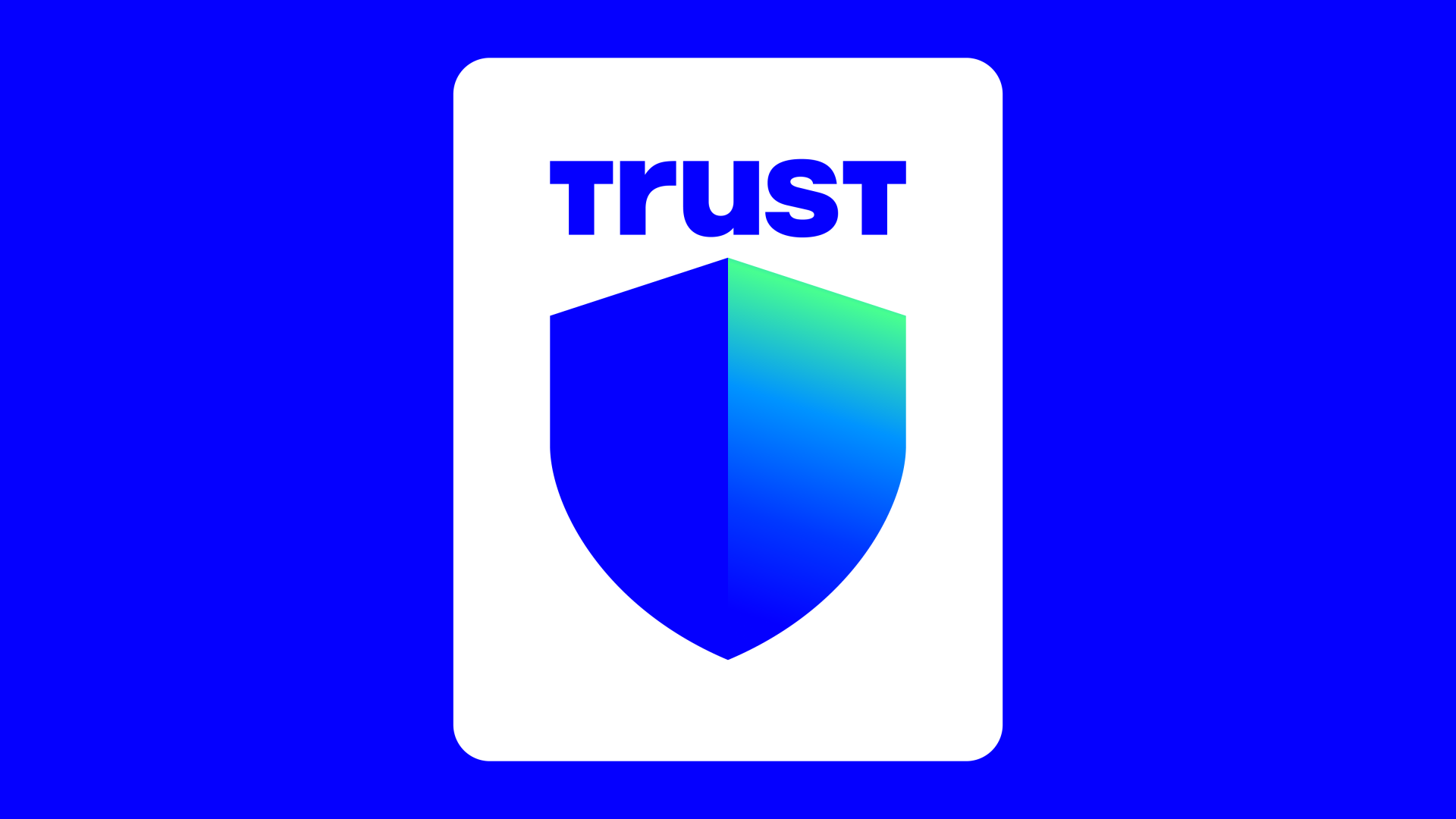
Another popular crypto wallet, most often chosen by online gambling fans. The main feature of TrustWallet is support for over 1 million different coins. The wallet also has its own decentralized exchange, Kyber Network, which eliminates fees for transfers and transaction processing.
Here are a few more key features of TrustWallet:
- Available as a web wallet and a mobile app;
- Well-designed data recovery system;
- Built-in charts for tracking price fluctuations;
- Supports staking of 15+ different currencies.
Some drawbacks should not be ignored. For example, despite its high level of security, two-factor authentication cannot be enabled. TrustWallet also has limited compatibility with hardware wallets, which creates certain restrictions for advanced users.
Exodus
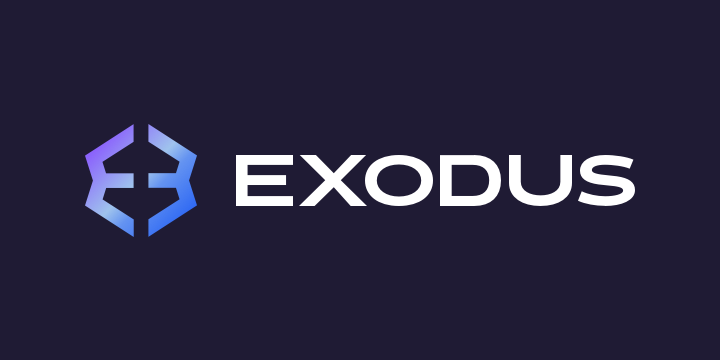
This is a free software wallet available in web and mobile formats. Storage of unlimited assets is supported across 16 networks, and the total number of supported cryptocurrencies exceeds 3000+. Here are a few more features of Exodus Wallet:
- Trading and staking functions are available;
- Cryptocurrency prices are displayed in fiat equivalents;
- No need to register or pass KYC verification;
- Backup can be created using a mnemonic phrase.
The developers have closed the software’s source code, which raises some concerns among users. Other downsides of Exodus Wallet include the lack of hardware wallet support. A Russian-language interface is not yet available, but this drawback may be addressed in the near future.
Coinbase Wallet
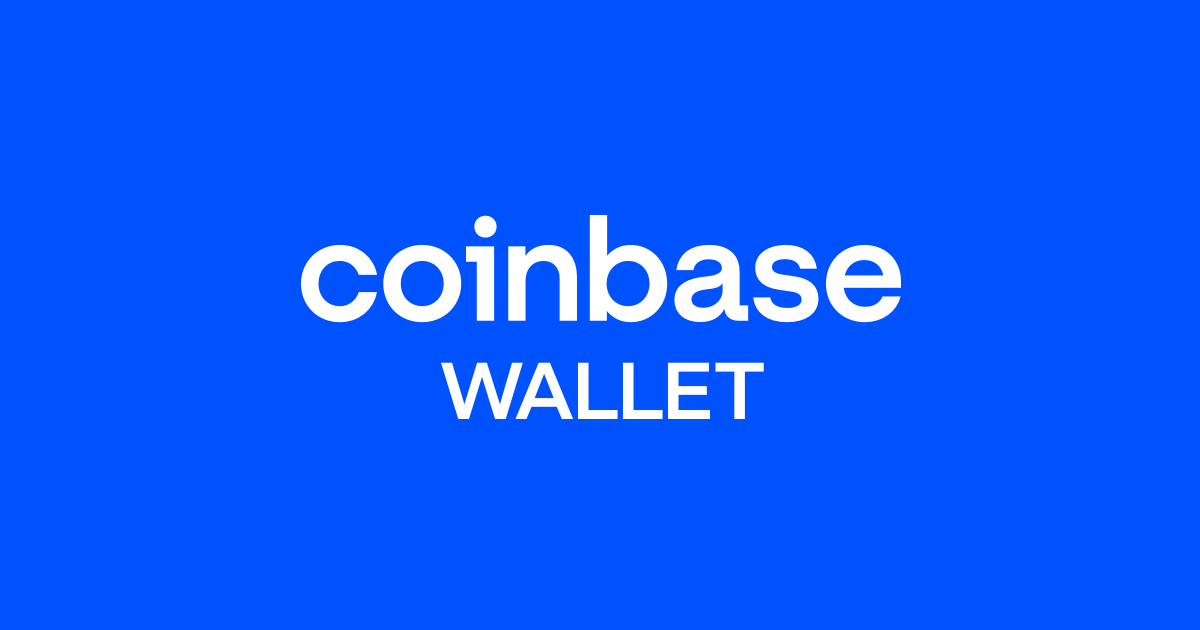
Coinbase Wallet is a mobile cryptocurrency wallet supporting 4000+ different tokens and ERC20-format cryptocurrencies. For greater convenience, fiat purchase integration is available: you can use one of 50+ different currencies, including USD and EUR. Coinbase Wallet is a non-custodial wallet, so no separate registration is required.
Here are a few more key features of this crypto wallet:
- No fees for transfers between different wallets;
- Chrome browser extension and mobile app for Android and iOS;
- Connection to decentralized exchanges and applications via a dApps browser;
- No KYC verification, and private keys are stored client-side.
All of this can be considered advantages of Coinbase Wallet. Now let’s focus on its drawbacks. A Russian-language interface is missing in both the browser extension and the mobile app, which may cause certain difficulties. The wallet’s source code is closed, so security auditing at the software level is currently unavailable.
Zengo Wallet
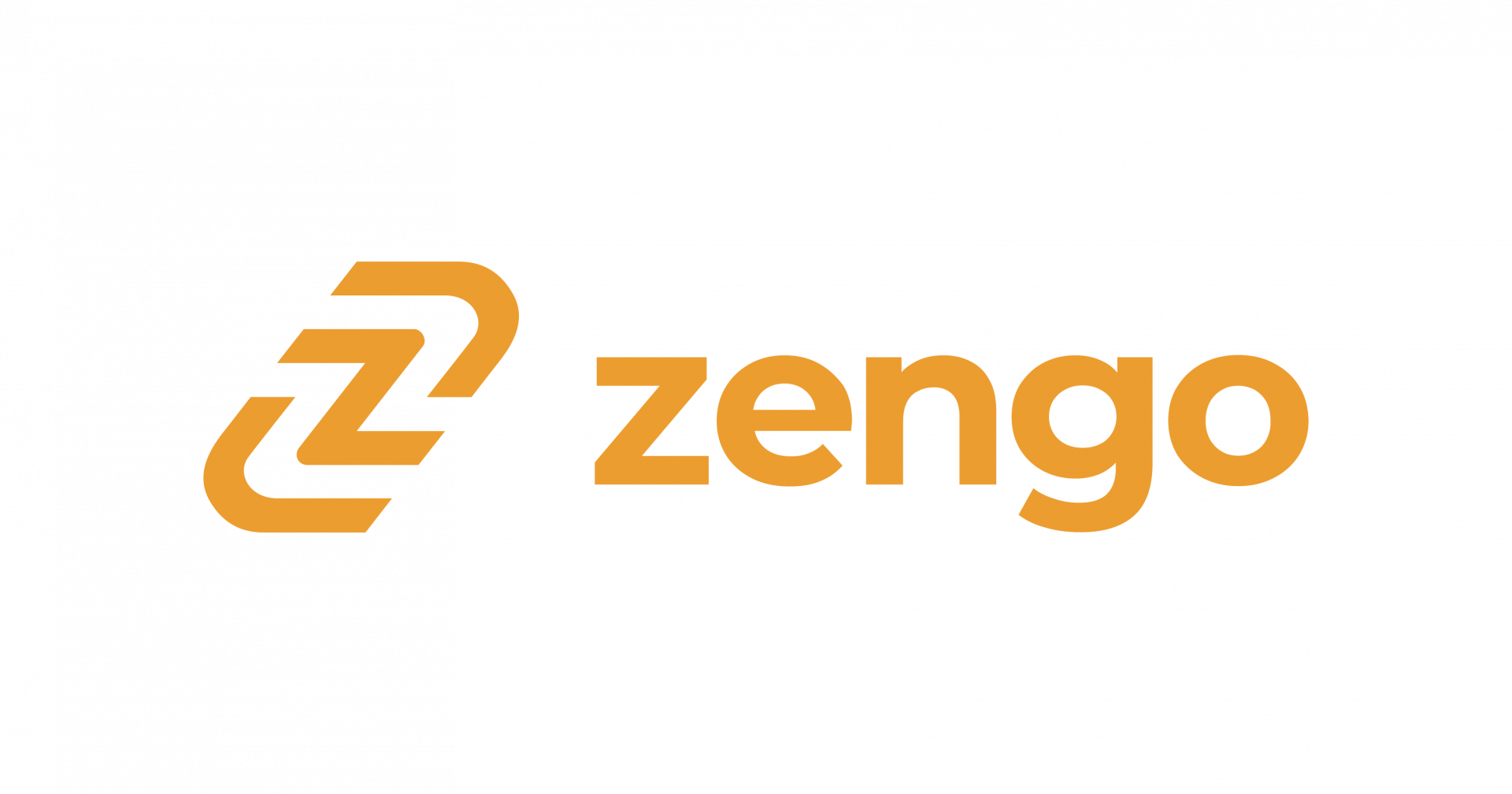
Zengo Wallet is a non-custodial cryptocurrency wallet that has earned a strong reputation for its high level of security. This is partly due to the lack of any exchange linkage, ensuring independent control. There are no hardware keys or a seed phrase. Instead, MPC — a complex multi-party computation technology — is used.
Notable features of Zengo Wallet include:
- Three-factor authentication for login;
- Welcome bonus for newcomers and a referral system;
- Chill Storage — in case the company goes bankrupt, all funds will be returned;
- Mobile app for Android and iOS, no browser version;
- Supports 400+ different tokens and cryptocurrencies.
As with other wallets, some disadvantages exist. For example, exchanging assets within the wallet incurs a fee of 2% to 4%. Another drawback is the limited selection of currencies for staking.
How to Protect a Crypto Wallet from Hacking
Despite a high level of protection and support for modern technologies, crypto wallets remain vulnerable to hacking and various types of fraud. The risk of losing all savings remains relevant if the following mistakes are made:
Improper storage of a backup or seed phrase. It’s better not to store it in a location that could be lost at any time. This also includes computers and smartphones with constant internet access in unencrypted form.
Insecure devices. Not all wallets have a proper level of reliability. Before purchasing or registering, it’s important to carefully study online reviews and check the overall reputation of the chosen crypto wallet.
Inattention when making a transaction. If you enter the wrong recipient address or choose the wrong network when sending funds, it will be impossible to get the money back.
There are also always risks of encountering crypto fraud. Because of this, you may either completely lose access to your wallet or end up without your assets. To achieve this, scammers use various schemes, exploiting emotions or lack of experience. Here are a few proven tips to avoid becoming a victim of crypto fraud:
Choose a reliable crypto wallet. This is the main secret to protecting assets from hackers. Wallet access should be secured in every possible way, including creating a strong password for login.
Protect private keys and the seed phrase. Don’t store the full seed phrase in one place. The best solution is to make a written copy, divide it into several parts, and store them in different locations.
Use two-factor authentication (2FA). Two-step authentication also increases asset security. You will need to not only enter your wallet login and password but also a digital code that changes every 60 seconds.
Store assets in a hardware wallet. These devices use cold storage technology and do not require constant internet connection. Due to the lack of physical access to such devices, the chance of hacking them is practically 0%.
For online gambling enthusiasts, choosing a reliable crypto wallet is especially relevant. This affects the security of assets not only in the wallet but also the risk of a casino account being hacked — especially if you log into the platform via the wallet. If it is hacked, the attacker will gain access not only to cryptocurrency assets but also to previously won funds.
The main protection for a cryptocurrency wallet is awareness and a responsible approach by its owner. Fraudsters are constantly coming up with new ways to deceive. If you know and understand potential threats, that is already 50% of the required level of protection. Use trusted services, keep personal data secure, and then playing in cryptocurrency online casinos will bring only enjoyment.

Behind this guide is Theodore Miles, a 28-year-old software developer with a passion for betting and gambling on casino sites. By day, Theodore codes innovative tools. And by night, he is a frequent visitor of forums and Reddit threads dissecting casino bonuses and actual profits with an expert opinion. Being close to the industry’s technical background, Theodore can provide useful insights for novice players who seek the most profitable promotions and deals.

